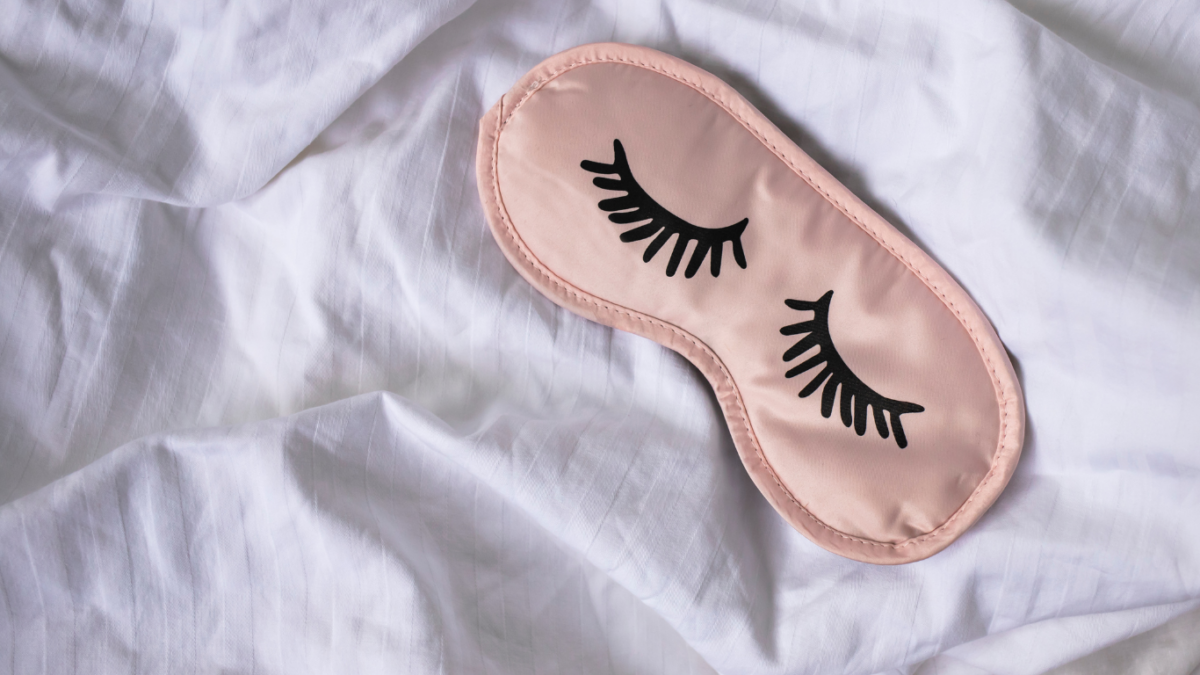Quick Bedtime Routines for Better Sleep During Menopause

Menopause brings a lot of changes, and one area it hits hard is sleep. If you’re finding it tough to catch those Zs like you used to, you’re not alone. Many women experience sleep disturbances during menopause due to shifts in hormones, hot flashes, and other pesky symptoms.
But here’s some good news: tweaking your bedtime routine can make a big difference. We’re talking about simple, straightforward habits that can pave the way for a more restful night. No need for complicated strategies or expensive gadgets. Just practical steps to help you relax, cool down, and drift off into that much-needed sleep.
Whether you’ve been battling insomnia for ages or just starting to notice a shift in your sleep patterns during menopause, these quick bedtime routines are designed to help you find some relief and wake up feeling refreshed.
Let’s explore how a few changes to your nighttime ritual can lead to better sleep during menopause.
1. Relaxation Techniques Before Bed
- Deep Breathing: Engage in deep breathing exercises to help calm the mind and reduce stress. Techniques such as the 4-7-8 method, where you breathe in for 4 seconds, hold for 7 seconds, and exhale for 8 seconds, can be particularly effective.
- Guided Imagery: Listening to guided imagery or meditation apps can also facilitate a state of relaxation, making it easier to fall asleep.
2. Consistent Sleep Schedule
- Maintaining a consistent sleep schedule, even on weekends, helps regulate your body’s internal clock. Aim to go to bed and wake up at the same times daily. Consistency reinforces your body’s sleep-wake cycle and can aid in falling asleep more quickly.
3. Warm Bath or Shower
- Taking a warm bath or shower about an hour before bedtime can help lower your body’s internal temperature, signaling it’s time for sleep. Additionally, the warmth can relax muscles, easing any physical discomfort.
4. Mindfulness and Meditation
- Engaging in mindfulness or meditation before bed can reduce menopause-related anxiety and stress, making it easier to fall asleep. Even a short practice of 5-10 minutes can have significant benefits.
5. Gentle Stretching or Yoga
- Gentle stretching or a relaxing yoga routine can alleviate physical tension and help your body prepare for sleep. Focus on slow, gentle movements to avoid stimulating the body too much before bed.
6. Journaling
- If your mind is racing with thoughts about the day or worries about tomorrow, journaling can help clear your mind. Writing down your thoughts and to-do lists for the next day can provide a sense of closure and relief, facilitating a smoother transition to sleep.
7. Reading
- Reading a book can be a perfect way to relax before bed, but choose something light or uplifting to avoid overstimulation. Avoid screens, as the blue light can interfere with your body’s ability to produce melatonin, the sleep hormone.
8. Aromatherapy
- Using essential oils like lavender can promote relaxation and improve sleep quality. Consider a diffuser or aromatherapy pillow spray as part of your bedtime routine.
9. Light Snack
- A light snack that includes a combination of carbohydrates and protein can help stave off hunger and stabilize blood sugar levels throughout the night. Avoid large meals and stimulants like caffeine and alcohol close to bedtime.
Incorporating these quick bedtime routines can make a significant difference in combating menopause-induced insomnia. Tailor these suggestions to fit your personal preferences and lifestyle for the best results. Remember, consistency is key to establishing effective sleep habits.
